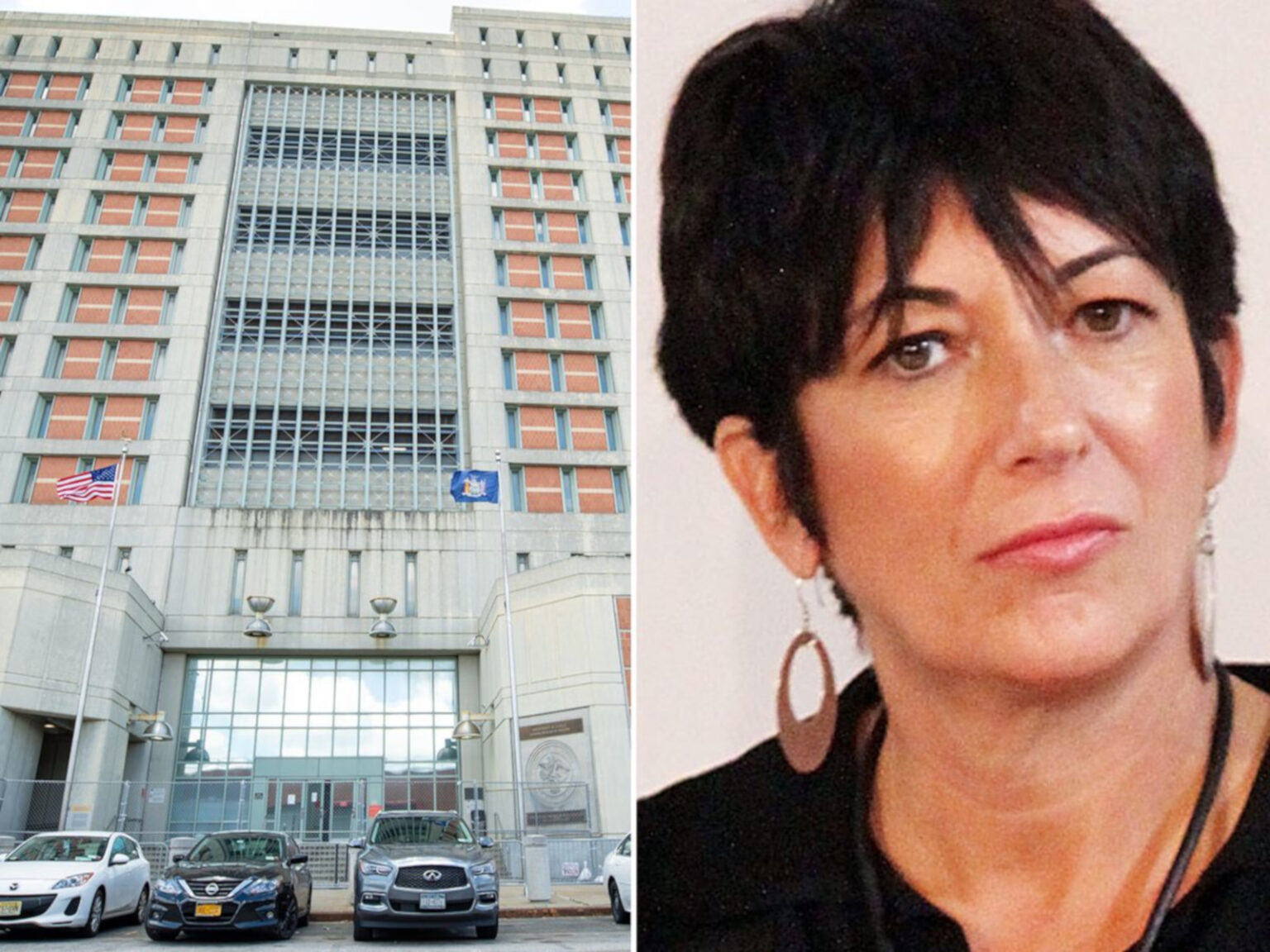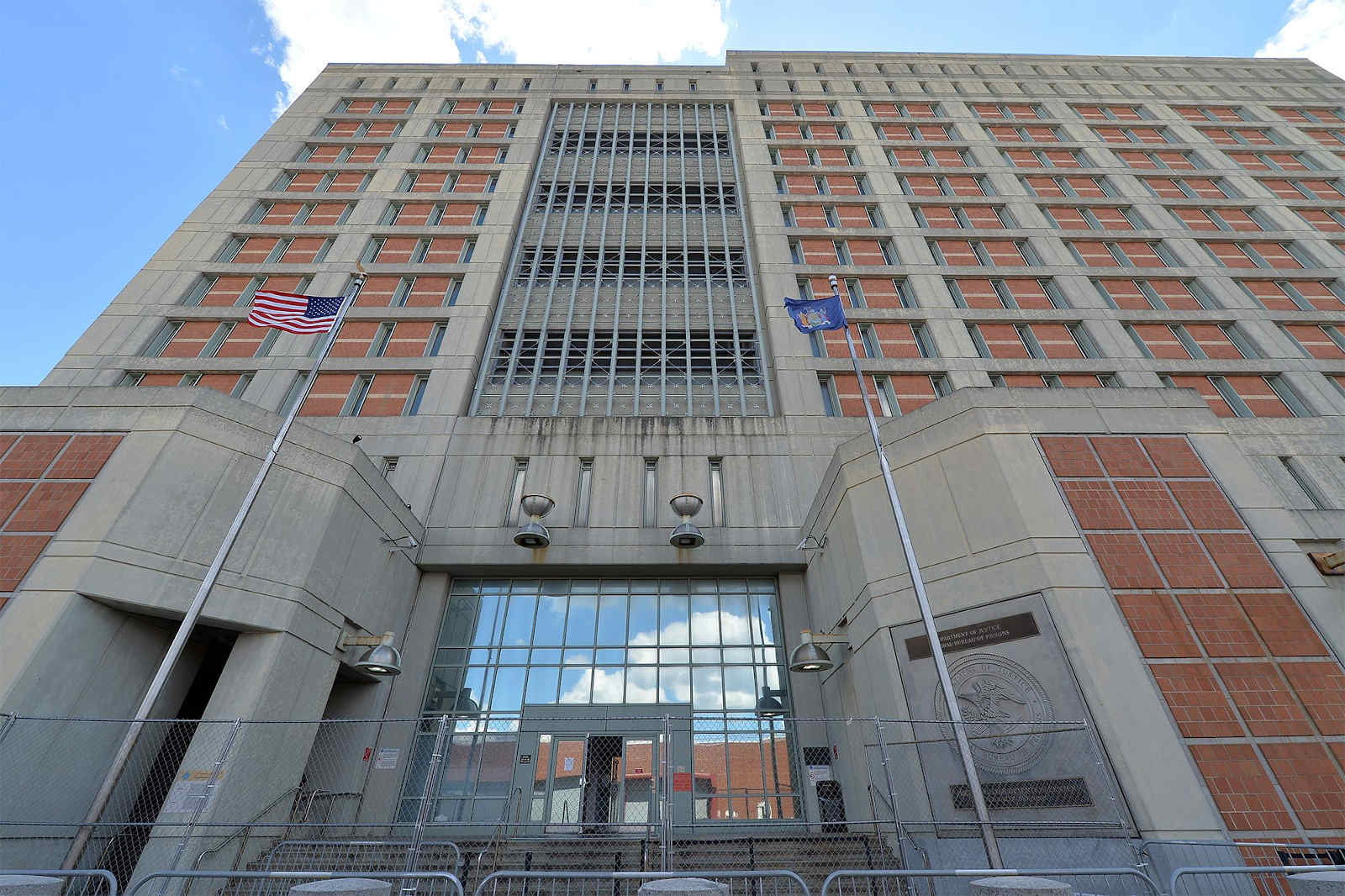
Here are all the complaints Ghislaine Maxwell has about jail
Ghislaine Maxwell is still complaining about her time awaiting trial in the Metropolitan Detention Center (MDC) in Brooklyn. She’s there on six charges, all relating to her alleged involvement in Jeffrey Epstein’s sex trafficking ring.
Ghislaine Maxwell was charged with two counts of perjury, the enticement of minors to travel to engage in illegal sex acts, and conspiracy to transport minors with intent to engage in criminal sexual activity. She pled not guilty on all counts and maintains her innocence.

July 2, Ghislaine Maxwell was arrested by the FBI in her home in New Hampshire. After being processed, she was transferred to Manhattan to await a bail hearing on July 14. After two hours of arguments, federal judge Allison Nathan denied Ghislaine Maxwell’s bail on the grounds that her French citizenship & large cash flow made her a flight risk.
While Ghislaine Maxwell awaits trial, she has cited “onerous conditions” at the MDC which are impeding her ability to have a fair trial. Her lawyers tried to argue that the MDC deliberately messed with Maxwell to throw off the trial, but Judge Nathan denied their claim based on a lack of evidence.
Here’s the full list of complaints Ghislaine Maxwell has about her time in the Metropolitan Detention Center.

Solitary confinement
In Ghislaine Maxwell’s brief, she asked to be moved to general population. A big reason was the nature of solitary confinement. Maxwell is monitored 24/7 and kept in a cell for twenty-three hours a day, with one hour for exercise.
The MDC argued against bringing her into gen pop due to the high-profile nature of her case. They also wanted to keep her in confinement to prevent the spread of COVID-19 in the prison. Ghislaine Maxwell’s legal counsel argues her confinement in solitary for COVID was too long.
“She has been confined alone in an area outside of the general population for the entire thirty-six days,” Ghislaine Maxwell’s legal team argued. “Which is over three weeks longer than the fourteen-day quarantine period required for all new arrivals to the MDC under current COVID-19 protocols.”

Suicide watch
When Ghislaine Maxwell was first brought to the MDC, she was placed on a suicide watch. She was checked on every four hours and the only garments she was allowed to have were paper clothes that would break under her weight.
Ghislaine Maxwell’s legal counsel argued she was only put on suicide watch due to Jeffrey Epstein’s apparent suicide and she wasn’t a suicide risk herself. However, the MDC wanted to take no chances after Epstein’s suicide, due to accusations that they were negligent in preventing his death.

Lack of privacy
Given the nature of Ghislaine Maxwell’s solitary confinement, she doesn’t have a lot of privacy. She’s been subject to random searches by guards. Maxwell & her legal team also argue that the lack of privacy stands in the way of her researching her case for her trial.
Currently, the case against Ghislaine Maxwell is in the “discovery phase,” where the prosecution & defense gather evidence to submit to the court. Maxwell has the right to participate in her own defense per the sixth amendment. Thus, her legal team argued that the MDC’s treatment of her was a constitutional violation.
The MDC countered with prison logs that Ghislaine Maxwell was being given thirteen hours a day to work on her case. Judge Nathan also denied Maxwell’s claim based on said logs.

Deliberate mistreatment
With the conditions above, Ghislaine Maxwell’s legal defense accused the MDC of mistreating their client, claiming that she was treated “worse than other similarly situated pretrial detainees.”
Ghislaine Maxwell isn’t the first inmate accusing the MDC of mistreatment. A case brought against the prison last year detailed maggots & bugs in the food. The intercept also reported that the MDC’s coronavirus precautions weren’t enough, and that a pandemic was occurring within the prison walls.
Inmates claimed that the MDC’s COVID response showed “deliberate indifference to a substantial risk of serious harm.” Federal judge Rachel Kovner dismissed the claim, citing a lack of evidence. However, she found that the MDC destroyed evidence that could have helped the case in a routine shredding of medical documents.



